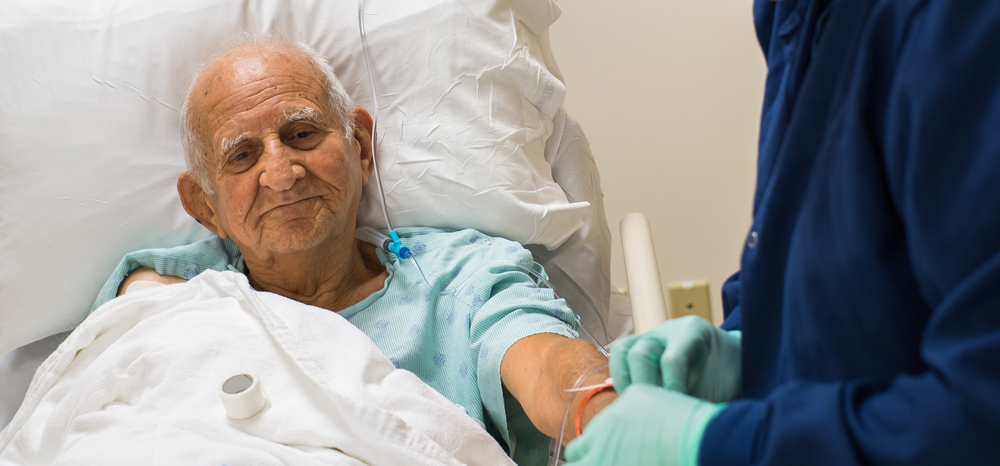Older lymphoma patients should not be excluded from treatment with stem cell transplants based solely on their age, researchers at Massachusetts General Hospital have concluded after reviewing several patient outcomes.
The retrospective study of 107 patients ages 70 and older determined that many had positive outcomes from treatment. Because researchers also pinpointed factors linked to poorer outcomes, the study may offer oncologists guidance on who among the elderly may be considered good candidates for the treatment.
Autologous stem cell transplant “is safe and feasible in selected elderly lymphoma patients as consolidation for high-risk disease or relapsed disease,” researchers wrote in the study, which was published in the journal The Oncologist.
The research team studied the medical records of patients who had stem cell transplants from 2000 to 2016 at Massachusetts General Hospital Cancer Center and Dana-Farber/Brigham and Women’s Cancer Center. Results were published in a study titled, “Autologous Stem Cell Transplantation in Elderly Lymphoma Patients in Their 70s: Outcomes and Analysis.”
Patients’ ages ranged from 70-79, with half 72 or younger. The most common disease type was diffuse large B-cell lymphoma, but patients with T-cell, mantle cell, follicular, classical Hodgkin’s, and primary central nervous system lymphoma also were included.
Forty-six patients were considered high-risk, 28 intermediate, and 33 low-risk.
Only 10 patients were transplanted during the first five years of the study period. The numbers then increased to 34 patients transplanted from 2006–2010, and 63 patients from 2011–2016.
In addition to common side effects such as fever caused by a loss of neutrophils, gastrointestinal side effects, and mucous membrane inflammation, 25 patients developed infections. Twelve experienced neurological toxicity. Kidney or liver damage was also present, but rare. Three patients developed treatment-related myelodysplastic syndrome and acute myeloid leukemia after receiving stem cell transplants.
Examining the entire group, 65 percent were alive at two years after the transplant. Meanwhile, 58 percent did not experience disease progression. A total of 53 patients relapsed, 49 of them within the first five years.
Three patients died soon after the transplant, two of them due to treatment-related complications. Among 43 patients who died more than 100 days after transplant, 31 experienced relapsed or progressive lymphoma. The most common cause of death among the remaining 12 was infection or sepsis.
After one year, 5 percent had died of causes unrelated to cancer relapse. At two years, that number was 7 percent.
Looking at potential factors that determine success or risk, the team noted that patients who were in their first complete remission while undergoing transplant lived longer without disease progression compared to those who had a transplant during active disease. Those in their second or later complete remission had poorer outcomes than those in their first remission.
Risk scores, age, and the year of treatment did not impact progression-free survival times, and researchers found no factors that impacted overall survival.
Death due to a cause other than a relapse was more likely for patients having stem cell transplants during the early study years and was numerically more common in high-risk patients.
The team argued that advances in care have led to better outcomes among transplanted patients.
“We believe that this largely reflects improvements in medical practice, including advancements in infectious disease, intensive care unit medicine, and supportive care,” researchers wrote. They also noted that better outcomes in recent years may be linked to a more careful selection of patients.
Nevertheless, the study shows that outcomes for older patients with lymphoma may be good.
The U.S. Food and Drug Administration recently released a similar report urging therapy developers not to exclude elderly patients from studies of new lymphoma or other blood cancer treatments based solely on their age.
“Eligibility for ASCT should be an individualized decision, and age alone should not be an absolute contraindication,” the team at Mass General concluded.


